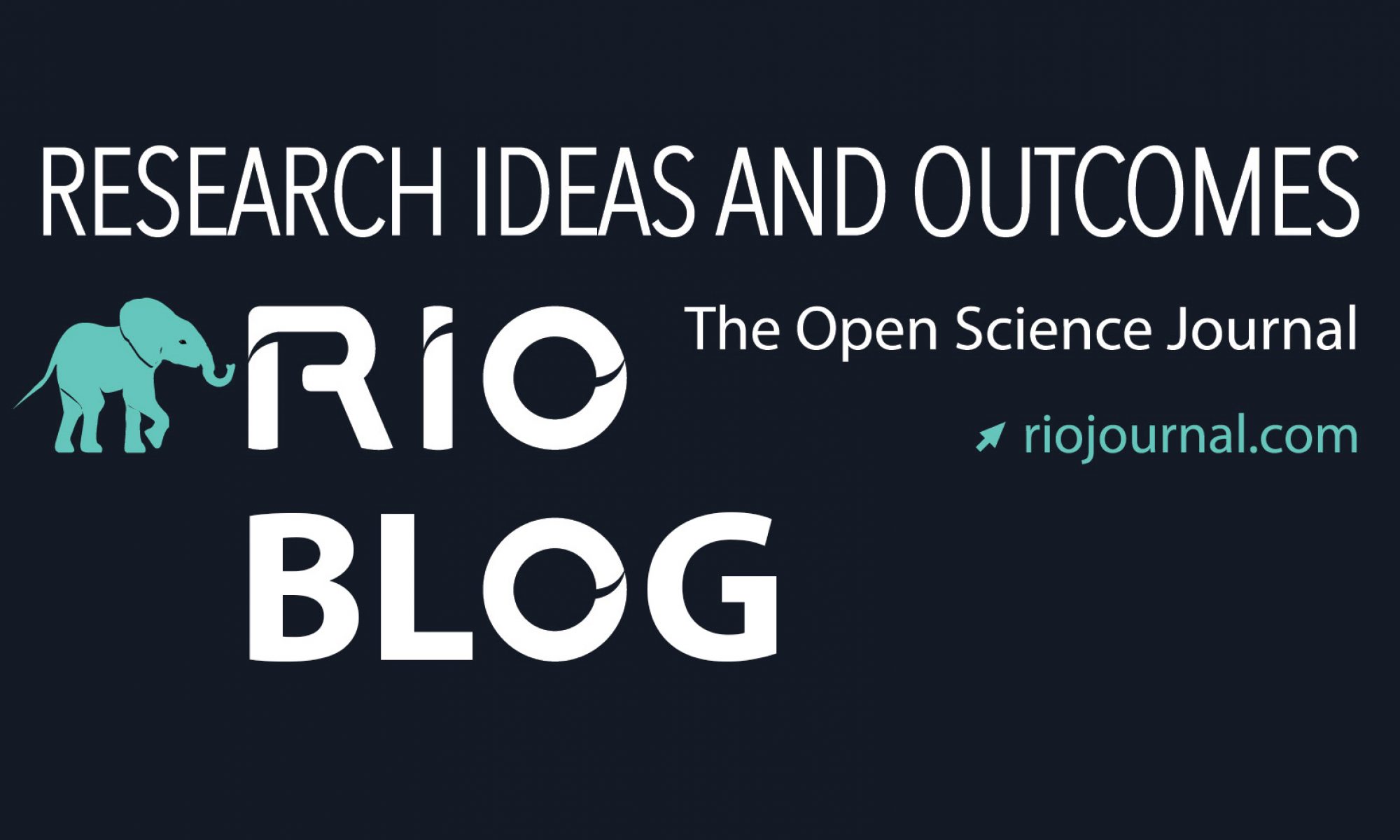What if scholars, librarians, archivists, publishers and funders could restart scholarly communication all over? This was the slogan of the first FORCE11 Scholarly Commons Working Group (SCWG) workshop, which took place in February. Advocating for an open, sustainable, fair and creditable future that is technology- and business-enabled, not -led, FORCE11’s SCWG committee published a Workshop Report in the open access journal Research Ideas and Outcomes (RIO), becoming the anniversary 50th publication in the innovative research publishing platform.
The community of FORCE11, comprising scholars, librarians, archivists, publishers and research funders from around the globe, was born at the FORC Workshop held in Dagstuhl, Germany in August 2011. Ever since, the community have been working and striving together towards a change in modern scholarly communication through the effective use of information technology. Their aim has always been to facilitate the change to improved knowledge creation and sharing.
In 2016, the Scholarly Commons Working group within FORCE11 conducts two workshops in order to find the answers to the question how scholarly communication would have looked now, had it not been for the 350 years of traditional practices. They also focus on the implications of modern technology and modes of communications that could help bring the right change about.
“Too often, scholars are unaware of the origins of current practices and accept the status quo because ‘that’s how it’s done’,” the authors point out. “But what if we could start over? What if we had computers, Internet, search engines and social media, but no legacy of journals, articles, books, review systems etc.?”
The first workshop, held between 25th and 27th February in Madrid, Spain, was titled “What if we could start over?”. The second one is planned for later this year under the slogan “Putting the pieces together.”
During the three-day workshop, the fifty participants, representing experts, early career researchers and new voices from across disciplines and countries, engaged in various activities. In order to”diverge and then converge”, the participants were encouraged through a number of enjoyable tasks to freely think outside the box, assuming that the current system of scholarly communication, based on a paper-based reward system, never existed.
“Given today’s technology and the amount of money currently in the system, how would you design a system of scholarly communications (“The Scholarly Commons”), the goal of which is to maximize the accessibility and impact of scholarly works,” they were asked. “By putting us in an alternate reality with a clear charge, we sidestepped issues that often engulf such discussions: why do we publish and who do we publish for.”
At the end of the workshop, the group’s principles were ordered under five subheadings, namely:
- Open and sustainable
- Fair
- Credit for all endeavors
- Technology- and business-enabled, not -led
- Governance and funding
The attendees’ ideas, visions and suggested principles were also captured in a live and interactive visualization, consisting of the participants’ virtual post-it notes, also available through Trello.
In the spirit of the workshop itself, the report is now formally published in the form of a new scholarly communication artifact. Workshop Report is only one of the various innovative research publication types, provided by the open access journal Research Ideas and Outcomes(RIO), whose aim is to acknowledge and disseminate all quality and valuable research outputs from across all stages of the research cycle.
###
Original source:
Kramer B, Bosman J, Ignac M, Kral C, Kalleinen T, Koskinen P, Bruno I, Buckland A, Callaghan S, Champieux R, Chapman C, Hagstrom S, Martone M, Murphy F, O’Donnell D (2016) Defining the Scholarly Commons – Reimagining Research Communication. Report of Force11 SCWG Workshop, Madrid, Spain, February 25-27, 2016. Research Ideas and Outcomes 2: e9340. doi: 10.3897/rio.2.e9340

